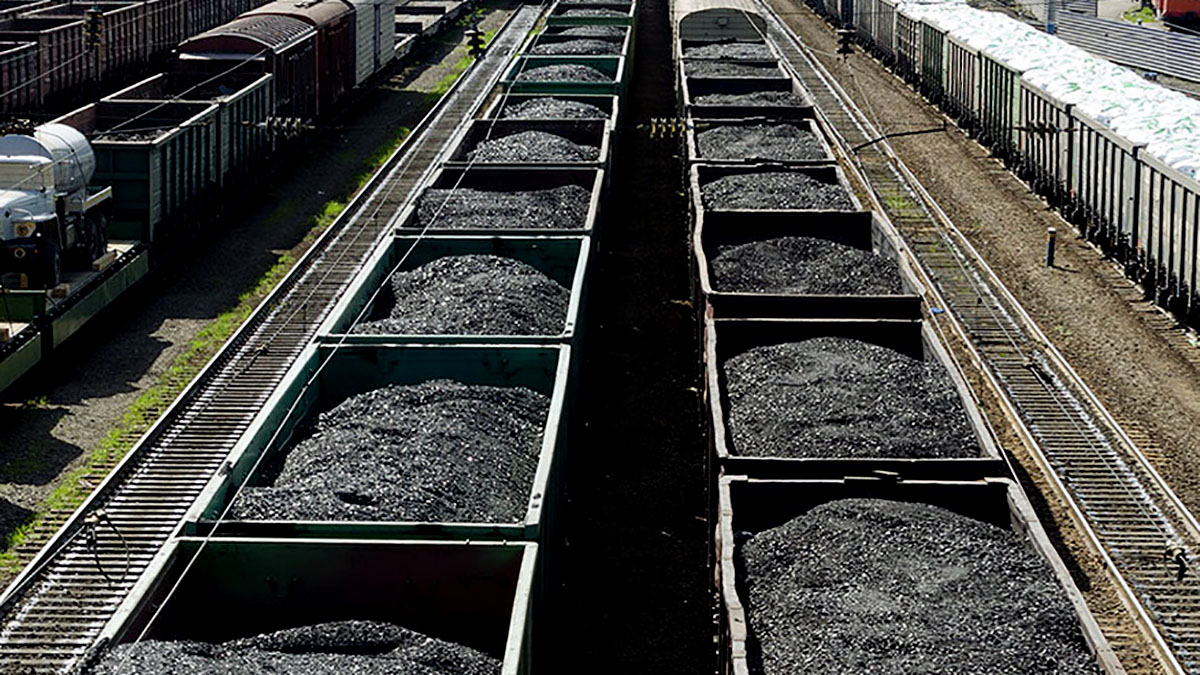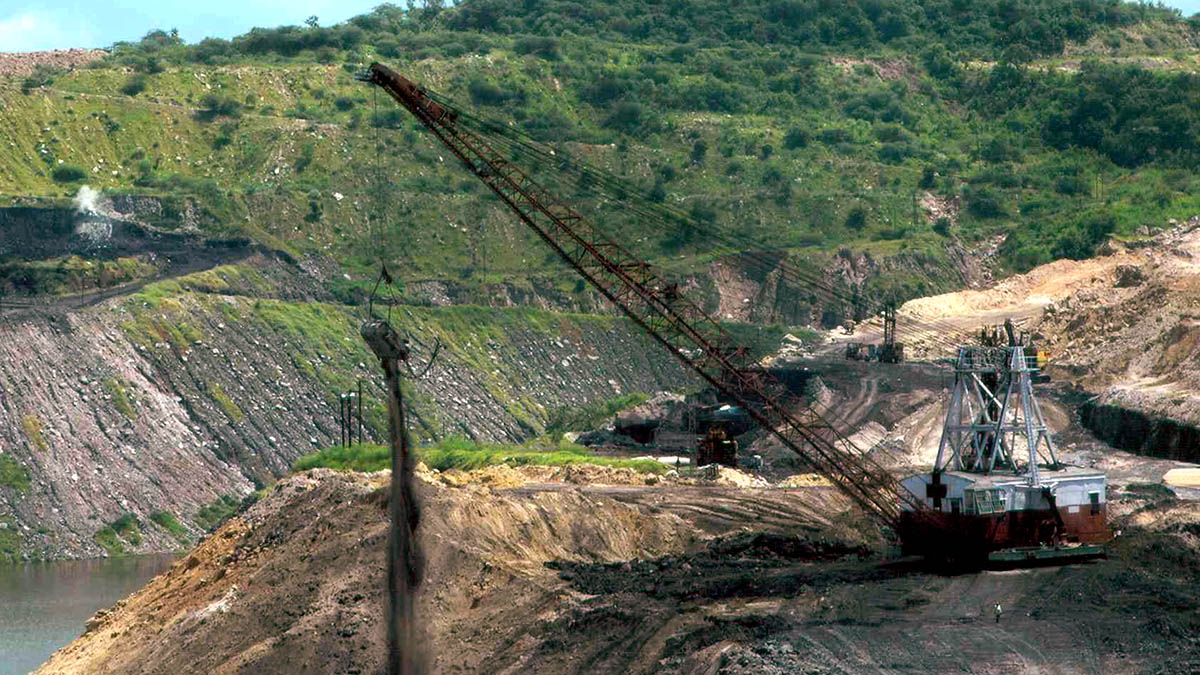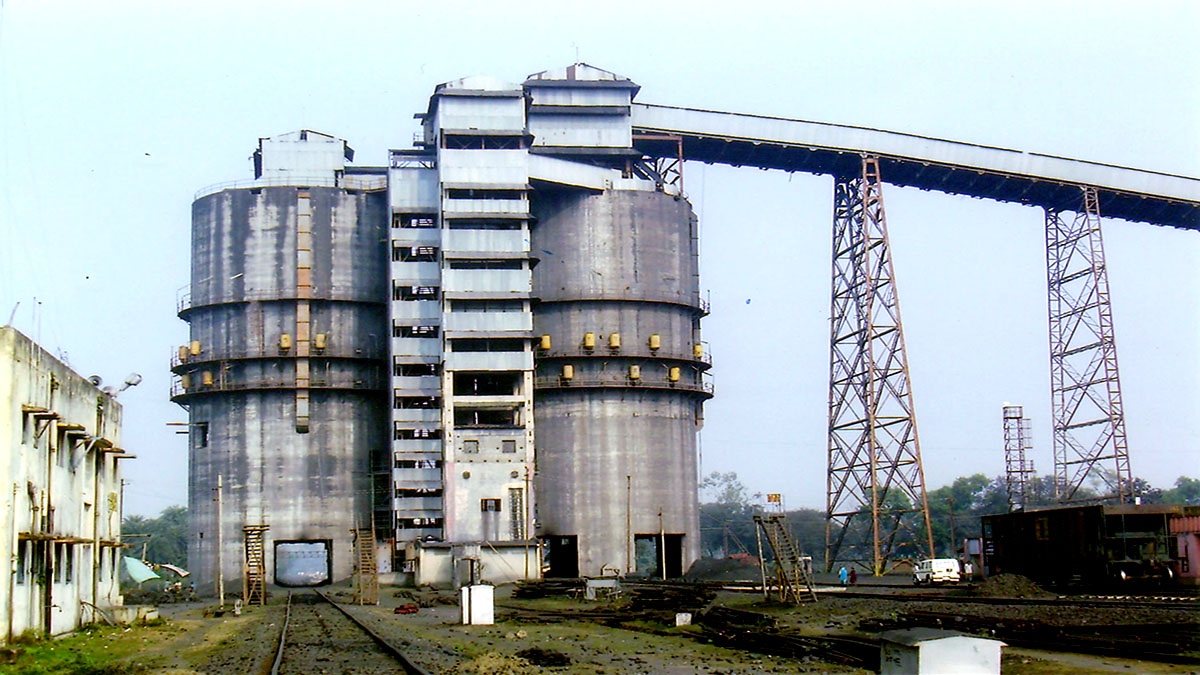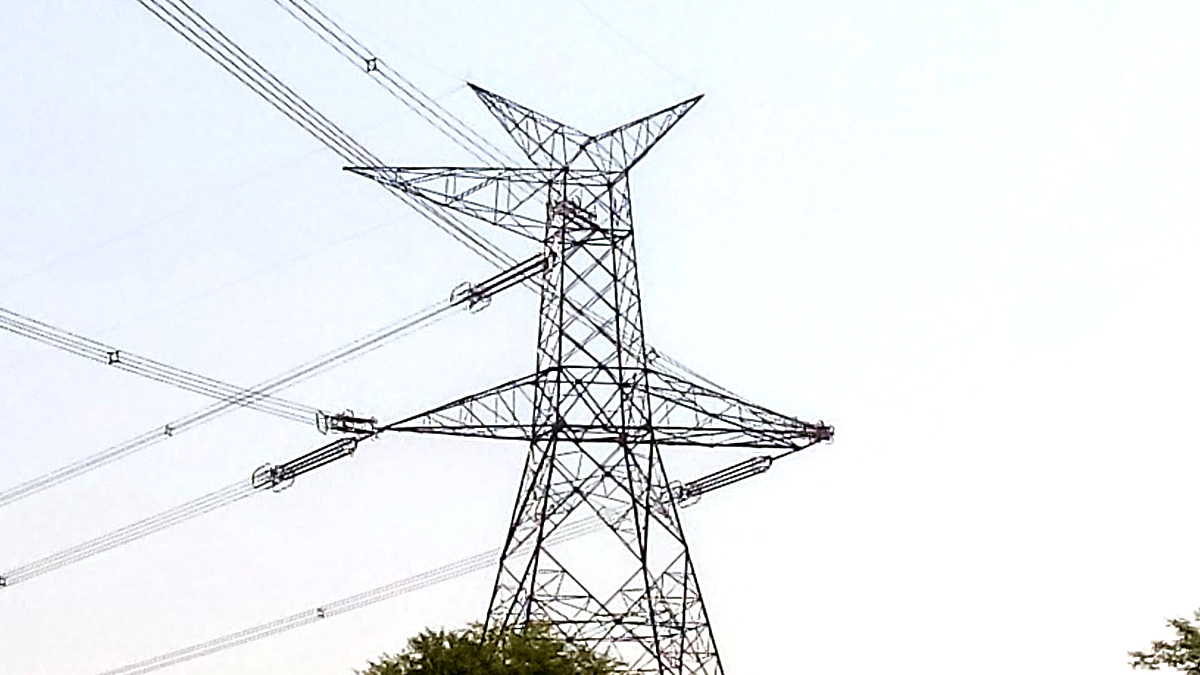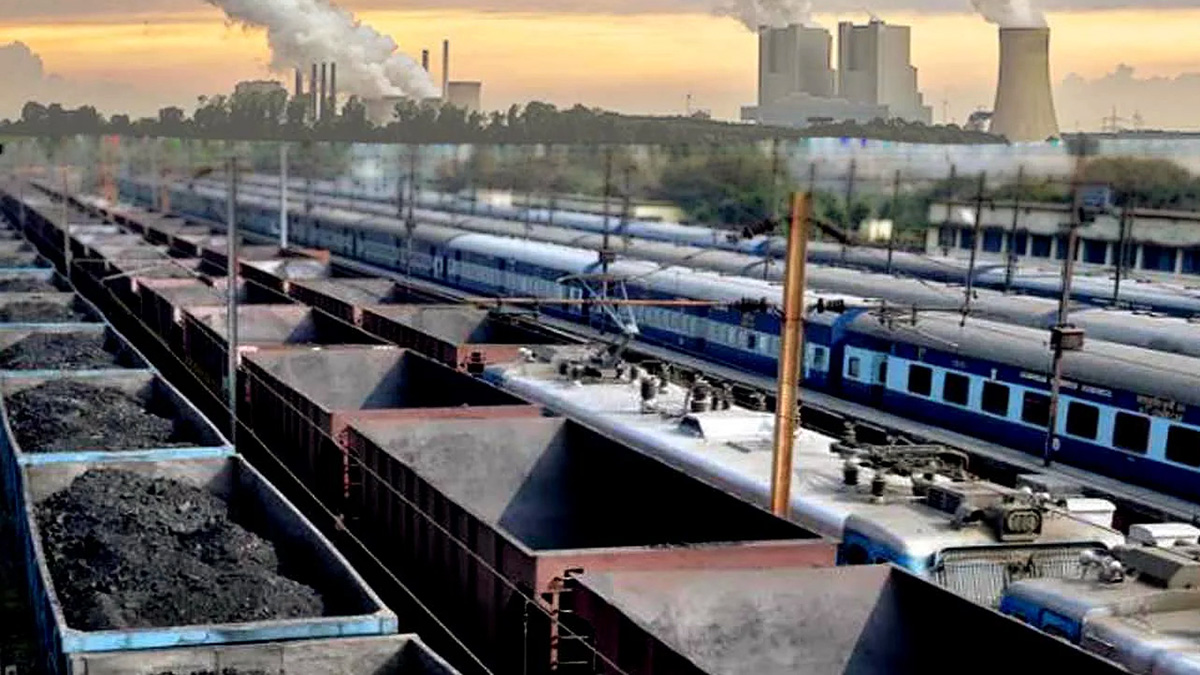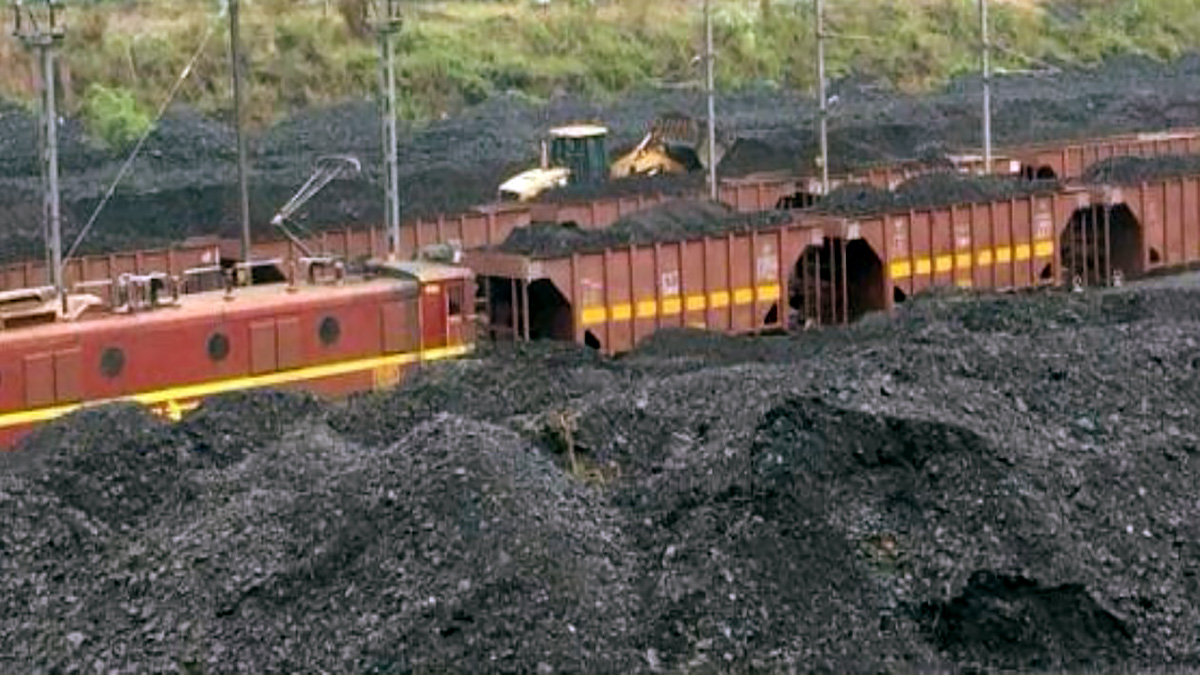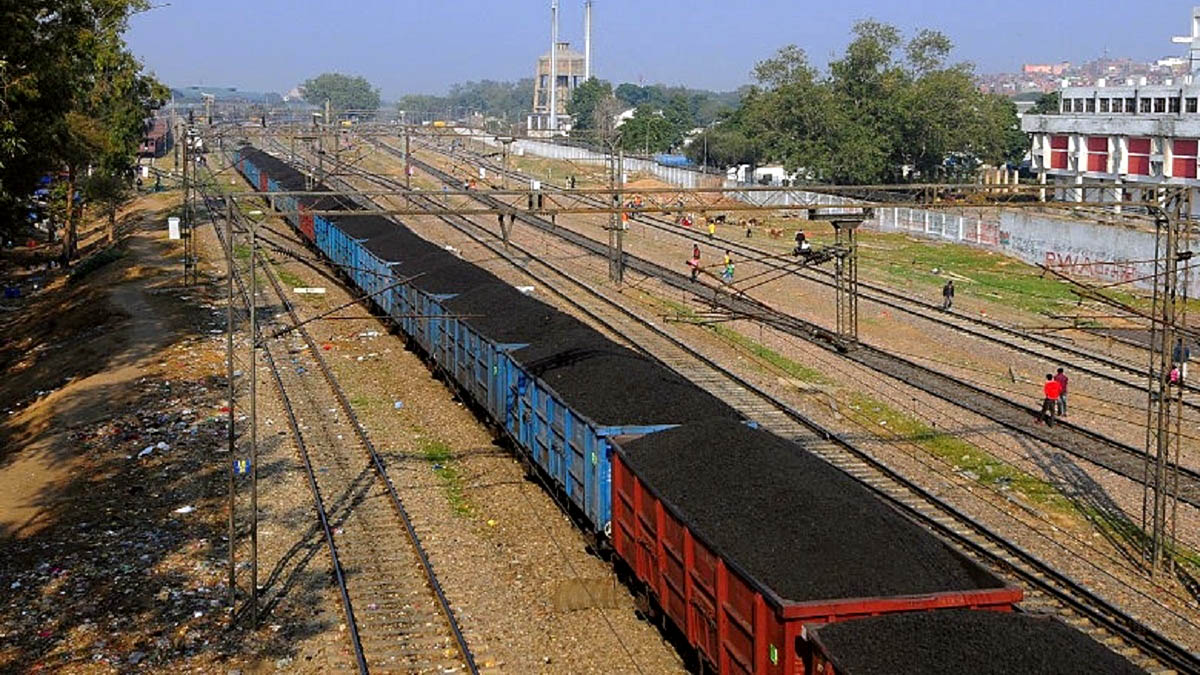The Railways have been providing 498 rakes daily on an average against a demand of 456 for carrying coal to power pants, but coal companies have been loading only 417 rakes, according to official data. The data comes in the backdrop of some coal-powered plants facing fuel supply issues as they needed to scale up the production to meet the heightened power demand due to unprecedented heatwave conditions in the country, which have abated over the past few days.
Railways said that on an average it has put into service 26,386 wagons on a daily basis this year so far for coal rakes, against 21,824 wagons in 2020-21.
On May 10 this year, the railways raised the number to 29,283 wagons, and to 29,944 on May 11.
The railways data showed that it has provided 498 rakes on an average daily, against a demand of 456 from coal companies. However, only 417 are being loaded.
Saying that it has consistently increased the amount of coal it carried, the Railways said that in May 2020-21, it carried 17.6 MT, while 20.3 MT has already been loaded within the first 10 days of the May this year.
While in 40 days of April-May 2021, 70 MT of coal was loaded, this year during the same period, 78.62 MT had already been loaded.
According to the railways, overall, it had carried 554 MT in 2020-21 — the demand was low for most part of the year due to the shutdown of various industries in view of coronavirus pandemic — which has been surpassed in the first five months of 2022-23 as it has already moved 653 MT.
The problem, officials said, is primarily in coal-loading.
Citing an example, they said that on May 8, while 515 rakes were made available, only around 420 were loaded, which is fewer than 448 demanded by the companies
On that day, Coal India Limited made a demand for 284 rakes, but managed to load 253 while the Railways had provided 325 rakes, the national transporter said.
Officials also point out difficulties in loading coal. They alleged that the coal being loaded are big chunks and not broken down into smaller pieces, causing heavy damage to the wagons.
They also complained of infrastructure constraints and said that in some areas the loading time has extended over five hours when it should be around two hours, sources said.


